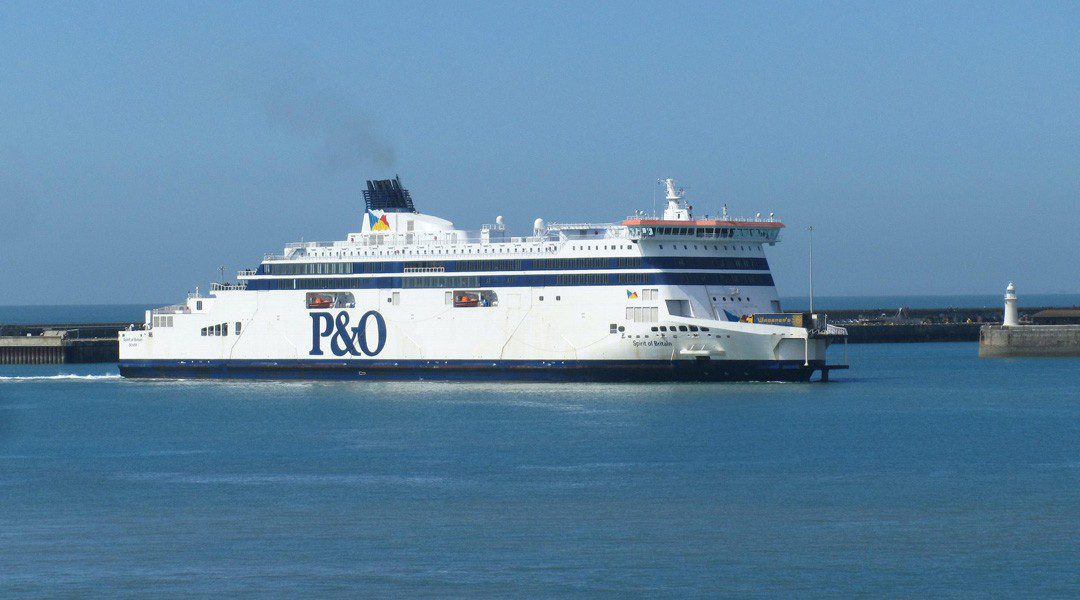In response to the REPowerEU plan of the European Commission, the Port of Rotterdam prepared a position paper with concrete policy recommendations to realize hydrogen imports following recent ambitions of the European Commission.
The REPowerEU plan, presented by the European Commission on May 18 2022, aims to reduce dependence on energy flows from Russia and to facilitate the transition to the use of renewable energy sources in Europe. 20 million tons of green hydrogen should be in use by 2030.
Half of that constitutes hydrogen imported from countries outside the EU. In order to deliver on the REPowerEU plan and capitalise on the role of Rotterdam as hydrogen hub, the Port has drafted the following policy recommendations.
#1 Develop a clear and stimulating regulatory framework at EU level to attract investors and ensure legal certainty for EU and non-EU economic operators:The Delegated Acts on renewable hydrogen and RFNBO’s in transport under the 2018 Renewable Energy Directive II7 are crucial regulatory building blocks of the hydrogen economy.
However, the Delegated Acts must be designed in such a way that it incentivizes the deployment of the first largescale renewable hydrogen projects, attract investors and ensure legal certainty for EU and non-EU economic operators.
#2 Implement a robust hydrogen certification scheme for hydrogen imports operational by the end of 2023 the latest:The Port underlines the need for an internationally recognised, trustworthy verification and certification scheme that can be applied to local production as well as imported renewable and low-carbon hydrogen to ensure imported hydrogen is recognized as value-adding parts of the solution and to provide security to end-users.
The Port would like to recommend the CertifHy approach as a baseline methodology for developing such schemes.
#3 Safeguard the development of new, high-quality private hydrogen networks and private infrastructure for hydrogen carriers alongside the deployment of existing gas infrastructure:Converting the existing gas pipeline backbone alone is not sufficient for the capacity required to decarbonize industrial clusters and hard-to-abate sectors.
EU policymakers must safeguard the parallel development of new, high-quality private hydrogen networks and private infrastructure for other hydrogen carriers like ammonia, alongside the deployment of public hydrogen infrastructure in the revision of the EU gas market rules.
#4 Provide flexibility to first-mover projects to stimulate the deployment of the much-needed import infrastructure based on a technology-neutral approach:To ensure security of supply and diversification, the deployment of new import infrastructure is of paramount importance. The Port asks the Commission to provide flexibility to first mover projects and create a favourable regulatory framework to stimulate the deployment of the much needed import infrastructure based on a technology neutral approach.
#5 Develop a coordinated approach towards energy exporting countries to match supply and demand:Develop a harmonized and coordinated EU approach towards energy exporting countries in order to match demand with supply and create robust hydrogen supply chains.
#6 Close the financial gap between carbon-neutral solutions and CO2-emitting alternatives:The Port welcomes the announcement of the Commission to roll out carbon contracts for difference to support a full switch to hydrogen-based production processes.
The Port underlines the need to preserve a level playing field between EU Member States and finance the gap between the EU ETS price and the price parity level of carbon-neutral solutions.





